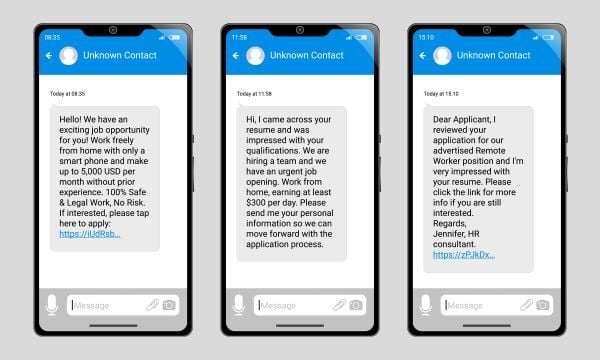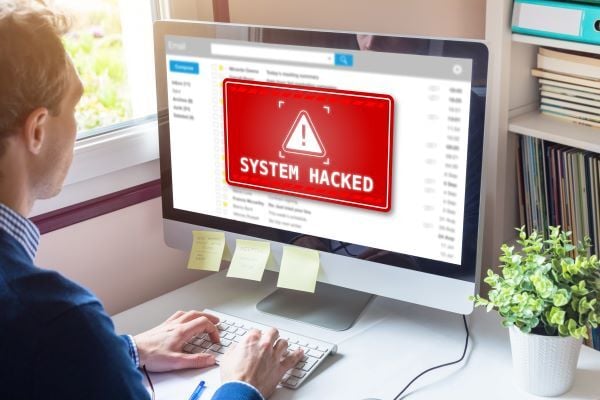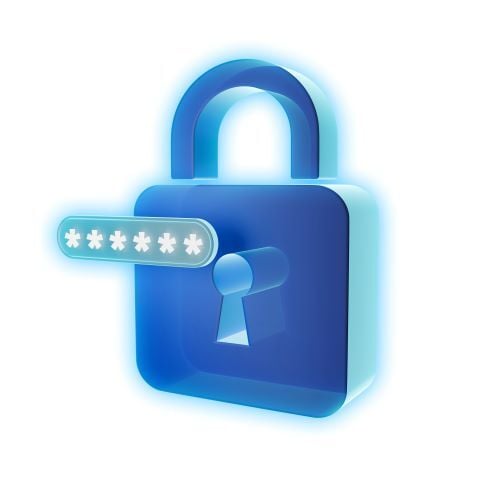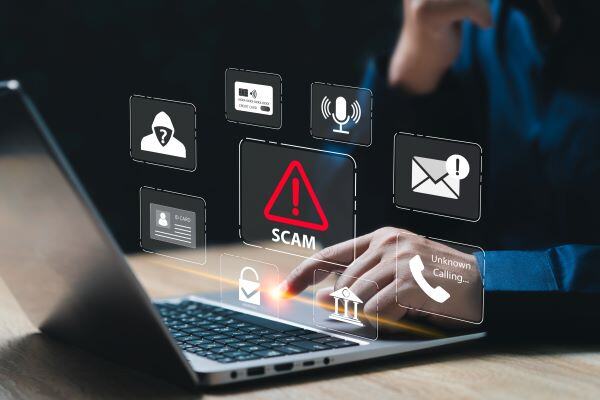Penetration testing (or pen testing for short) is a proactive way to protect your business from cyberattacks. It simulates real-world attacks to identify vulnerabilities before cybercriminals can exploit them. For small businesses, often working with limited security resources, pen testing is a critical tool to uncover hidden risks, meet compliance requirements, and strengthen defenses.
Your business data and customer information need strong protection to maintain trust and meet compliance standards. Modern automated tools make professional security testing both accessible and cost-effective for smaller companies. Through regular testing, you can build a clear roadmap to strengthen your defenses and stay ahead of emerging threats.
Read More
Tags:
security protection,
business continuity,
cybersecurity,
data security,
cybersecurity training,
pen test,
Penetration Testing
It’s Summertime!!! You know what that means, our accumulated PTO is finally put to use to enjoy the outdoors and travel. For some, people travel is local, while others travel internationally for an adventure like no other. While traveling, your cellphone is your most prized possession, capturing memories, laughs and a focal point into monitoring your social media and other necessities.
Read More
Tags:
Monitoring,
cybersecurity,
cybersecurity training,
Cybersecurity, Travel

Although many of us have learned how to recognize scams, bad actors remain persistent and continue to send various fraudulent messages to our devices. Most of the time, they don’t care if the scam attempts are obvious or sophisticated, their main intention is to fatigue you to the point of becoming flustered and making a rushed decision to trick you. Some scams are isolated incidents, some are nationally present happening to your friends, family and coworkers.
Over the weekend, I received a text message on my personal cell phone from a ‘First Name-Last Name-###@RandomOrganization.org’.
The first thing I noticed right away was how detailed, long, and grammatically formatted the text was upon viewing. Usually, a lot of scam messages feel urgent. They’re trying to create an emotional response, utilizing that heightened state to influence victims to their CTA of malicious links. Mimicking an automated promotional SMS message businesses provide for their patrons that sign up to receive a discount. Seeing the message’s length, it is possible it can come off as legit before reading the contents within.
The second factor I noticed was the message coming from a random organization, stated within the message that they were from the Massachusetts Department of Motor Vehicles (DMV). These two did not match and that was my first indicator that this was a smishing attempt using the DMV to take aback trick anyone receiving the message. While I may have known the first indicators as someone new to cybersecurity but practices good cybersecurity hygiene, let’s continue the remaining text to dissect how to further identify this smishing attempt.
Read More
Tags:
Monitoring,
cybersecurity,
cybersecurity training,
Cybersecurity, Smishing
Before social media and the responsibility of maintaining multiple accounts, folks tended to keep their passwords written down on paper, stored in what they considered a safe place, or saved into their phone. These are dangerous cybersecurity risks being practiced and they need to be addressed promptly.
The problem is passwords are often weak, reused or exposed in personal data breaches that are out of your control. In the last decade, we have been introduced to Password Managers and following right after, Multi-Factor Authentications (MFA). Both provide thorough measures to protect users’ information and safety. As an effect, this shield has caused bad actors to get creative and find other tactics to infiltrate your systems.
We’re going to go over what MFA is and why it matters to implement for your small business and in personal life or really, anywhere it’s available!
Read More
Tags:
security protection,
Monitoring,
small business technology advice.,
cybersecurity,
Privacy,
security awareness training,
cybersecurity training,
managed IT services in Boston,
Multi-Factor Authentication,
MFA
Have you ever been hooked to a phishing attempt? Did you know that phishing is involved in 70% of breaches? Whether it’s an email, phone call, or text message, these are some of the common ways bad actors use to obtain your personal and financial information for malicious gain. Phishing emails were introduced into our lives decade(s) ago and have grown increasingly creative and sophisticated with native language use and perfect grammar.
Read More
Tags:
small business,
phishing,
Cybersecurity, email scams,
cybersecurity, ransomware,
data security,
spoofing,
Security Awareness,
email spoofing
Before AI consumed our media on a daily basis, spoofing would often impersonate important figures in our lives with the malicious intent of sending misinformation for money and spreading malware. Now with AI, it has become even harder to identify these attempts to protect our friends and loved ones from the headache known as cybercrime.
Read More
Tags:
computer security,
cybersecurity, ransomware,
cybersecurity,
spoofing,
cybersecurity training,
Caller ID Scam
.png)





